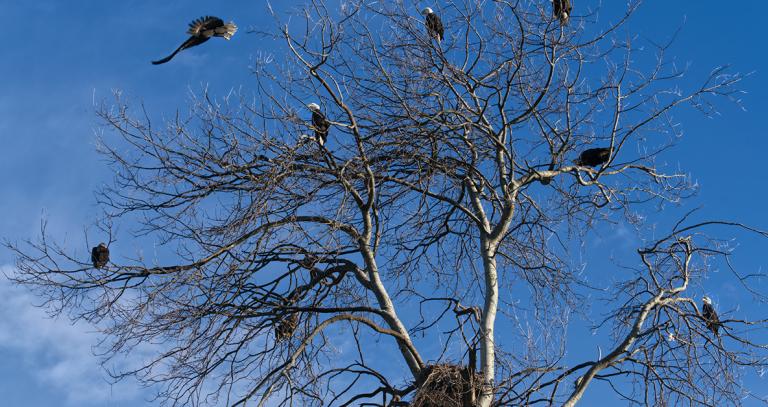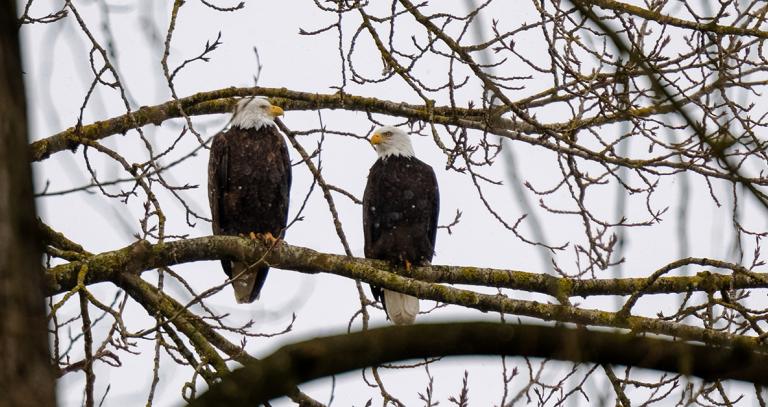Your perspective, experience, understanding, and voice are all valuable, and your perception of the world is unique to you. Drawing on these aspects of yourself will make your story unique, even if you’re writing on a similar topic to your classmates.
What do you want to focus on in your writing so you can share your understanding with others?

What are you thinking about?
One of the first steps of writing is to know what you want to write about. Learn strategies for brainstorming your topic.

Creativity in academic writing
Creativity and academic writing have more in common than you might think. Learn about creative approaches to academic writing.

Who is your audience?
Learn how to identify your main audience and tailor your writing to their needs and expectations.

What focus will you take in the work?
Learn how to use a thesis statement, problem statement, or research question(s) to focus your work.
More information
- Learn how to determine expectations (your own, your instructor's, your audience's) for your writing.
- Writing doesn't happen on command. Explore creative problem-solving strategies that will prompt reflection, uncover inspiration, and generate ideas about a topic or assignment.